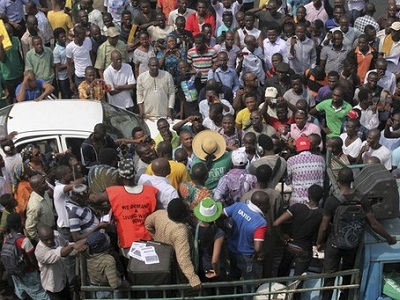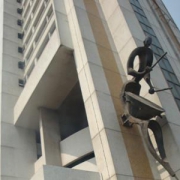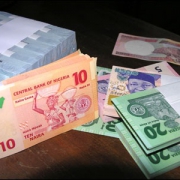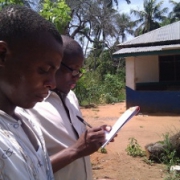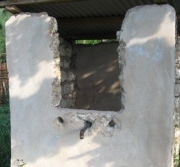Social media fans the Nigerian fuel subsidy debate
As the protests and demonstrations rage on in Nigeria surrounding the government’s decision to cut subsidies on petrol, many citizen have taken to social media sites to voice their opinions. Fuel subsidies provided citizens with discounted petrol at the pumps, but with the government’s retraction of the subsidy, the price of petrol has literally doubled over night.
Users of social media site Twitter relay messages of protest action and subsidy news under the hashtags #Occupy Nigeria and #fuelsubsidy. “In Nigeria, the protest will continue tomorrow, and I will be there to occupy,” writes user toyinoddy.
“It is occupy time in Nigeria, let all of us occupy our resources,” tweets another user.
Mr.Perkinson added his displeasure by posting “I don’t believe in #fuelsubsidy removal and corruption and I’ll back it up till the end. Win or lose.”
Facebook, the world’s biggest social media website, has also been a source of information, but more importantly a place where Nigerians share their feelings and thoughts on the matter.
With rising prices and the high cost of transportation and communication, the internet is still one of the best ways to keep abreast of the happenings surrounding strike action and related violence.
“The Internet gives us very effective uninterrupted flow. We may not have access to newspapers, radios and televisions. We may not even have the money to make all the necessary calls. The Internet is a cheap medium for mobilisation. With the Internet, you don’t even have to go to the street and risk being shot by the police who would accuse you of shooting them first even if you have not handled a gun all your life,” Lagos-based lawyer Imam Okochua told Punch Nigeria.
He also voiced his opinion on the Occupy Nigeria movement, which – according to their Facebook page – aims to end political corruption, poverty, police intimidation, and wealth inequality. “Occupy Nigeria is the dream we have cherished for a long time – a peaceful pressure on the government to come out clean.”
But not everyone is pleased with the efforts made by the Occupy Nigeria movement, and took to social media sites to voice their concerns. “Nigerians too like to copy but like a bad photocopier the result is always very poor. What is Occupy Nigeria? A very, very poor copy of the Occupy Wall street protest,” writes Bodise Wilson, who lives in Yenagoa, Nigeria.
“You want to Occupy Nigeria? Nigerians want to occupy Nigeria, who lives here aliens? Fools! And what about the Oil marketers?” he added on Occupy Nigeria’s Facebook page.
Another helpful tool in getting messages across is the use of BlackBerry’s free messaging system, which allows users to send messages and photos to other users of the service. Soon after the strike commenced, there were unconfirmed reports that the Nigerian government was planning to shut the service down. Thankfully it was proven to be false, as Director of Public Affairs at the NCC (Nigerian Communication Commission), Tony Ojobo, issued a statement contradicting the rumours.
“The attention of NCC has been drawn to the information making the rounds that it had at a meeting agreed with CEOs of telecommunications networks to shutdown BlackBerry services in order to deny Nigerians the use of that very important social network. The management hereby states categorically that there was never such a meeting, nor was there ever a resolution to shut down BlackBerry services. The public is please advised to disregard such information.”
In today’s inter-connected world, social media has proven to be a valuable tool for spreading information at a rapid pace – and it’s only growing. The use of sites like Twitter, Facebook and BlackBerry’s BBM service as a source of news and helpful hints highlights the importance of being connected – and how powerful a combined force of internet-savvy citizens can be.
Charlie Fripp – Acting Online editor

